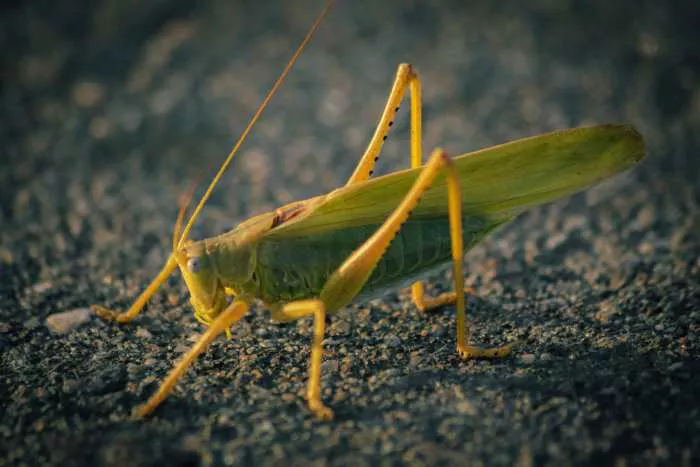Maintaining healthy plants is a primary goal for any gardener. One of the most significant challenges gardeners face is dealing with plant pests. These pests can cause extensive damage, leading to poor growth, reduced yields, and even plant death. Understanding how to avoid plant pests is crucial for successful gardening. This article explores effective strategies to prevent pest infestations and promote healthy plant growth.
Understanding Plant Pests
Plant pests include a variety of organisms that can harm plants. They can be insects, mites, nematodes, or even larger animals. Common pests include aphids, spider mites, whiteflies, and caterpillars. These pests feed on plant tissues, sap, or roots, weakening the plants and making them more susceptible to diseases. Recognizing the signs of pest infestations early can help in managing them effectively.
Preventive Measures for Avoiding Plant Pests
Preventing pests is often easier than dealing with them after an infestation occurs. Here are several strategies to help keep your plants healthy and pest-free.
Choose Healthy Plants
Start with healthy plants. When purchasing plants, inspect them carefully for any signs of pests or diseases. Look for discolored leaves, webbing, or sticky residue, which may indicate the presence of pests. Healthy plants are more resilient to pest attacks.
Maintain Proper Plant Care
Proper care is essential for preventing pest infestations. Ensure your plants receive the right amount of water, light, and nutrients. Overwatering can weaken plants and make them more susceptible to pests. Conversely, underwatering can stress plants, making them attractive to pests. Regularly fertilize your plants to promote strong growth.
Implement Crop Rotation
For gardeners with vegetable gardens, crop rotation is a vital practice. By changing the location of specific crops each season, you can disrupt the life cycles of pests that target particular plants. This method reduces the chances of pests becoming established in your garden.
Use Companion Planting
Companion planting involves growing different plants together that can benefit each other. Certain plants can repel pests or attract beneficial insects that prey on pests. For example, marigolds are known to deter nematodes and aphids. Basil can repel flies and mosquitoes. Research companion planting strategies to enhance your garden’s natural pest resistance.
Create a Clean Garden Environment
A clean garden is less inviting to pests. Regularly remove debris, dead leaves, and spent flowers from your garden. These materials can harbor pests and diseases. Keep your garden tidy and well-maintained to minimize hiding spots for unwanted pests.
Monitor and Inspect Regularly
Regular monitoring is crucial for early detection of pests. Inspect your plants frequently for any signs of infestation. Look under leaves and along stems, as many pests prefer these hidden areas. Early detection allows for prompt action, preventing a small problem from becoming a larger one.
Use Barriers and Traps
Physical barriers can effectively prevent pests from reaching your plants. Use row covers, netting, or insect mesh to protect young plants from flying insects. Sticky traps can also help catch pests like aphids and whiteflies. Place these traps around your garden to monitor pest populations.
Encourage Beneficial Insects
Beneficial insects play a vital role in controlling pest populations. Ladybugs, lacewings, and predatory wasps are natural predators of many common pests. To attract these beneficial insects, plant a variety of flowers and herbs that provide nectar and pollen. Avoid using broad-spectrum insecticides, as they can harm beneficial insects as well.
Maintain Soil Health
Healthy soil contributes to strong plants that are more resistant to pests. Regularly amend your soil with organic matter, such as compost, to improve its structure and nutrient content. Healthy soil promotes robust root systems, enabling plants to withstand pest pressures.
Use Organic Pest Control Methods
If pests do appear, consider using organic pest control methods as a first line of defense. Insecticidal soaps, neem oil, and diatomaceous earth are effective against many pests while being less harmful to beneficial insects. Always follow the instructions for application to minimize any negative impact on your plants and the environment.
Conclusion
Avoiding plant pests requires a proactive approach that combines proper plant care, environmental management, and the encouragement of natural pest control methods. By implementing these strategies, gardeners can create a healthy and thriving environment for their plants. Regular monitoring and early intervention are key to maintaining a pest-free garden. With diligence and care, you can enjoy the beauty and productivity of your plants while minimizing the risk of pest infestations.


